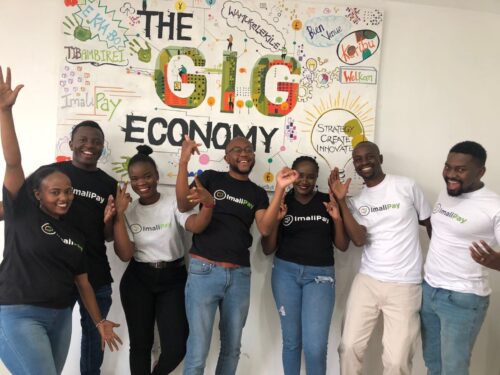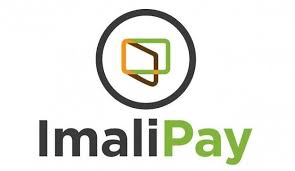
The gig economy is thriving in Africa, driven by increasing mobile adoption and a youthful workforce. However, many gig workers, particularly in sectors like ride-hailing and delivery, face significant challenges in accessing essential financial services. These workers are often classified as contractors, which limits their ability to obtain benefits such as insurance, credit, and savings tools.
To address these issues, ImaliPay, a fintech platform providing financial services to gig workers, has raised $3 million in a seed funding round comprising both debt and equity. This follows an $800,000 pre-seed round secured in 2020.

A Solution Born from Observation
ImaliPay was founded in late 2020 by Tatenda Furusa and Oluwasanmi Akinmusire. Furusa was inspired to start the company after an incident in Nairobi, where a ride-hailing driver ran out of fuel but lacked immediate funds to refuel. This experience highlighted the financial gaps faced by gig workers, sparking research into their broader financial challenges.
“A driver’s inability to top off fuel at a critical moment opened my eyes to the financial exclusion faced by gig workers,” Furusa explained. “It became clear there was a need for a platform tailored to the unique needs of Africa’s gig economy workers, freelancers, and self-employed individuals.”
Building a Supportive Ecosystem
ImaliPay initially focused on a buy-now-pay-later (BNPL) fuel solution for two-wheeler drivers in Nigeria, partnering with fuel stations to provide this service. The platform has since expanded its offerings, creating an ecosystem that includes essential tools such as spare parts, smartphones, savings and investment options, and insurance products.By integrating data on workers’ transactional behavior, the company enables gig workers to qualify for tailored products such as income protection insurance and accident coverage.
Partnerships Driving Growth
ImaliPay’s growth has been fueled by partnerships with gig platforms and vendors. The company collaborates with 15 gig platforms, including ride-hailing and delivery operators, as well as vendors providing fuel, spare parts, and mobile devices. Additional partnerships with financial service providers enable offerings such as health insurance, savings tools, and investment options.
Notable collaborators include Bolt, Glovo, SWVL, SafeBoda, Gokada, Total Energies, and Cowrywise. ImaliPay offers its services through APIs, standalone apps, chatbots, and USSD systems.
Impressive Growth Metrics
In just over a year, ImaliPay has expanded significantly, with a user base growing 60-fold and tens of thousands of gig workers utilizing its services. The platform is supported by 4,500 vendor points and has processed over 200,000 transactions.
Strategic Expansion Plans
With the new funding, ImaliPay aims to enhance its technology, grow its 50-person team, and enter new markets such as Ghana and Egypt. The company also plans to further refine its platform to address the fragmented financial needs of gig workers.
The $3 million funding round attracted a diverse group of investors, including Leonnis Investments, Ten 13, Uncovered Fund, and Plug N Play Ventures. Angel investors, including KSK Angels founder Keisuke Honda, also participated.
Furusa and Akinmusire, who previously worked together at Cellulant, believe ImaliPay has the potential to transform financial access for Africa’s rapidly expanding gig economy workforce.
As the gig economy continues to grow, platforms like ImaliPay are poised to play a crucial role in bridging financial gaps. By creating a comprehensive ecosystem tailored to the needs of gig workers, ImaliPay is not only addressing immediate challenges but also paving the way for a more inclusive financial future across the continent.



